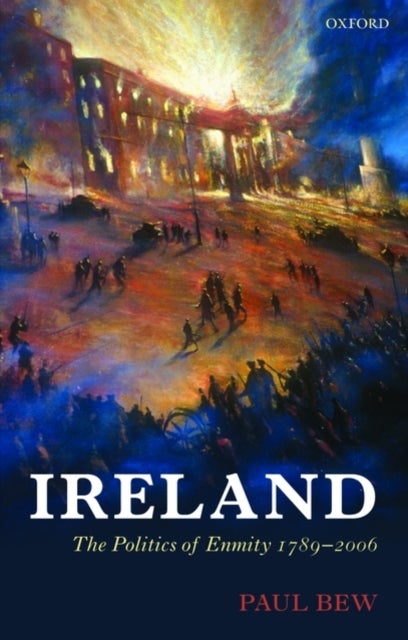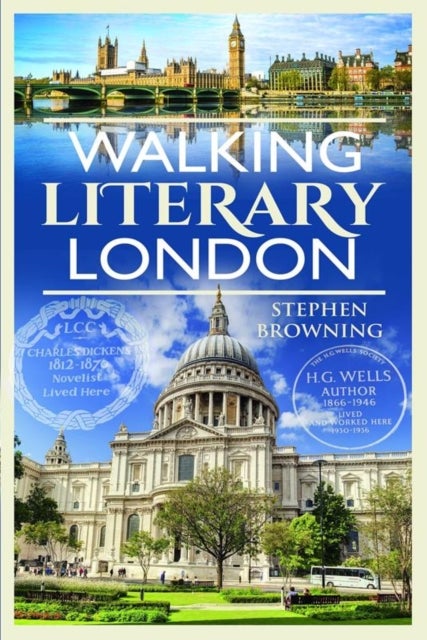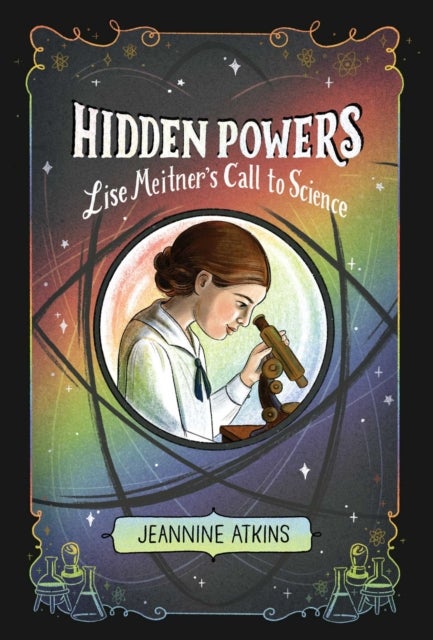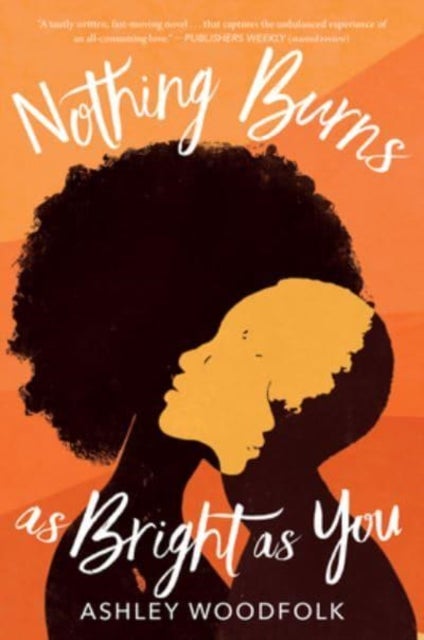
Ireland av Paul (Professor of Irish Politics Queen's University Belfast) Bew
649,-
The French revolution had an electrifying impact on Irish society. The 1790s saw the birth of modern Irish republicanism and Orangeism, whose antagonism remains a defining feature of Irish political life. The 1790s also saw the birth of a new approach to Ireland within important elements of the British political elite, men like Pitt and Castlereagh. Strongly influenced by Edmund Burke, they argued that Britain''s strategic interests were best served by a policy of catholic emancipation and political integration in Ireland. Britain''s failure to achieve this objective, dramatised by the horrifying tragedy of the Irish famine of 1846-50, in which a million Irish died, set the context for the emergence of a popular mass nationalism, expressed in the Fenian, Parnell, and Sinn Fein movements, which eventually expelled Britain from the greater part of the island.This book reassesses all the key leaders of Irish nationalism - Tone, O''Connell, Butt, Parnell, Collins, and de Valera - alongside








